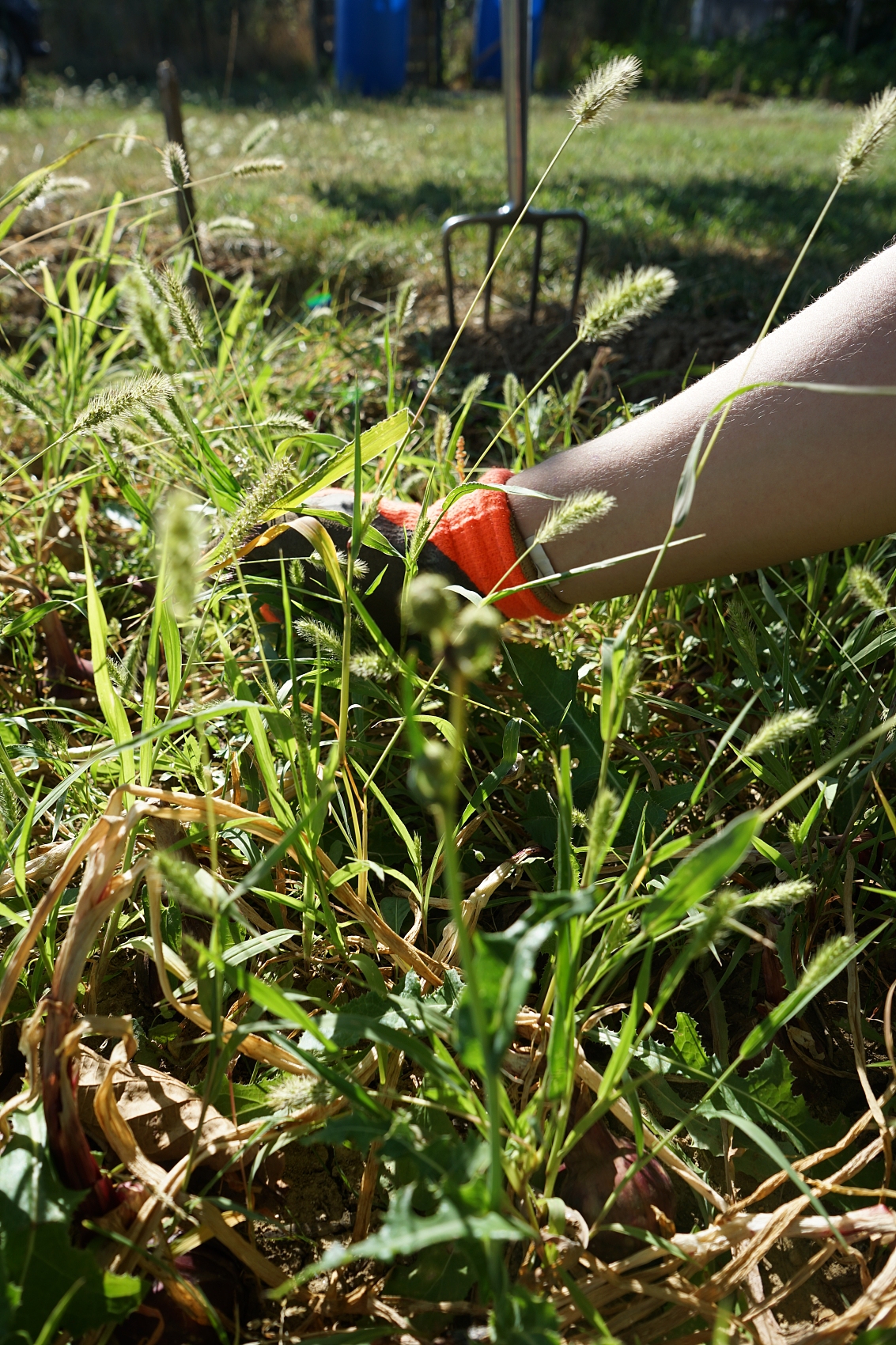Air conditioning systems are vital for keeping our homes and workplaces comfortable, especially during hot weather. But if your AC starts to emit strange smells, it could mean something’s not quite right. Identifying these odors and their causes can help you catch problems early and maintain a healthy indoor environment. Let’s take a closer look at the different AC smells and what they might indicate.
Key Takeaways:
- Unusual AC smells can signal issues like mold, electrical problems, gas leaks, or even dead animals.
- Common odors include musty, burning, rotten egg, chemical, dirty sock, exhaust fumes, sweet, skunk, sewage, and vinegar.
- Solutions typically involve regular cleaning, inspections, and maintenance of the AC unit.
- For persistent or serious odors, it’s best to call a professional.
Overview of AC Smells
| AC Smell | Cause |
|---|---|
| Musty or Moldy | Mold or mildew presence |
| Burning | Electrical issues or overheating |
| Rotten Egg or Sulfur | Natural gas leak |
| Chemical or Acetone | Refrigerant leak |
| Dirty Sock | Bacteria or mold on evaporator coils |
| Exhaust Fumes | Vehicle exhaust infiltration |
| Sweet or Maple Syrup | Refrigerant leak |
| Skunk or Animal | Dead animal in ductwork or AC system |
| Sewage or Ammonia | Plumbing issues or sewer gases |
| Vinegar | Mold, malfunctioning electric motor, or excess condensation |

Musty or Moldy Smell
A musty or moldy smell often means there’s mold or mildew in your AC system. These fungi thrive in dark, damp places, which can happen if your unit has poor drainage or if the humidity is high. When the AC runs, it can blow mold spores into your home.
Solutions:
- Clean the Filters: Regularly clean or replace your AC filters to keep mold at bay.
- Check Drain Lines: Make sure the condensate drain lines are clear and free of blockages.
- Inspect Ductwork: Have a professional check and clean the ductwork if needed.
- Use a Dehumidifier: In humid areas, a dehumidifier can help lower moisture levels.
Burning Smell
A burning smell is often alarming and usually points to electrical issues. This could be caused by overheating components or dust buildup on heating elements, especially if the system hasn’t been used for a while.
Solutions:
- Turn Off the Unit: Immediately shut off your AC to avoid fire risks.
- Check Electrical Components: Inspect the wiring and parts for damage.
- Clean Dust Buildup: If the smell appears when first using the AC, clean the internal components.
Rotten Egg or Sulfur Smell
If you smell rotten eggs, it could indicate a natural gas leak. Natural gas is odorless, but a chemical called mercaptan is added for safety, giving it that distinct smell.
Solutions:
- Evacuate the Area: Leave the area immediately and ensure others do too.
- Call a Professional: Contact your gas company or an HVAC technician to inspect for leaks.
Chemical or Acetone Smell
A chemical or acetone smell might come from refrigerant leaks. If there’s a leak, you may notice a sweet or chemical odor, which can impact the system’s efficiency and harm the environment.
Solutions:
- Turn Off the AC: Switch off the unit to prevent more leakage.
- Inspect for Leaks: Have a technician check the system for leaks and fix any damage.
- Recharge Refrigerant: Refill the refrigerant after repairs are made.
Dirty Sock Smell
A dirty sock smell usually comes from bacteria or mold on the evaporator coils, especially in units that haven’t been used for some time.
Solutions:
- Clean the Coils: Regularly clean the evaporator coils to prevent growth.
- Use UV Lights: Installing UV lights can help kill mold and bacteria.
- Improve Airflow: Ensure good airflow to keep coils dry.
Exhaust Fumes Smell
If your AC smells like exhaust fumes, it could mean that vehicle exhaust is entering the system, particularly if it’s located near a garage or street.
Solutions:
- Relocate the Unit: If possible, move the AC away from exhaust sources.
- Seal Gaps: Make sure windows and doors near the unit are sealed.
- Inspect Ventilation: Check for gaps in the ventilation system that might let fumes in.
Sweet or Maple Syrup Smell
A sweet or maple syrup smell may also signal a refrigerant leak.
Solutions:
- Turn Off the AC: Immediately shut off the unit.
- Professional Inspection: Get a technician to check for and repair leaks.
- Recharge Refrigerant: Make sure refrigerant levels are restored after repairs.
Skunk or Animal Smell
This odor could mean there’s a dead animal in the ductwork or AC system, often due to small animals getting trapped.
Solutions:
- Inspect the Ducts: Have a professional check for any dead animals.
- Seal Entry Points: Make sure potential entry points for animals are sealed.
- Clean and Disinfect: Clean the affected areas to eliminate odors.

Sewage or Ammonia Smell
A sewage or ammonia smell often points to plumbing issues, like a backed-up sewer line.
Solutions:
- Check Plumbing Vents: Inspect plumbing vents for blockages or damage.
- Inspect for Sewer Issues: Have a plumber check for backups or breaks in the sewer line.
- Seal Ductwork: Ensure ductwork is sealed to prevent outside odors from entering.
Vinegar Smell
A vinegar smell can come from various issues, such as mold, a faulty electric motor, or excess condensation.
Solutions:
- Clean the System: Regularly clean coils, filters, and ductwork to avoid mold.
- Inspect Electric Components: Have a pro check for overheating or malfunctioning parts.
- Check Condensation: Ensure the condensate drain is working properly.
Final Thoughts
While air conditioning systems are crucial for comfort, strange odors can indicate underlying problems. By recognizing these smells and their possible causes, you can take proactive steps to fix issues quickly. Regular maintenance, timely inspections, and addressing problems early are key to keeping your AC running efficiently. If you notice any persistent or unusual smells, don’t hesitate to reach out to a professional HVAC technician for help.












